“In an unusually frank statement, the Russian Foreign Ministry claimed that British and American military officers, in coordination with Ukrainian partners, were preparing covert attacks on US naval assets operating in the Baltic Sea. The Kremlin said the move was designed to provoke a regional incident under the guise of regular military exercises.
“”These are deliberate provocative activities by NATO intelligence services planned to justify an expanded military presence in what they now cynically call their ‘pond,’” Deputy Foreign Minister Sergei Ryabkov declared during a press briefing in Moscow.
The Russian allegations specifically target exercise BALTOPS 2025, a multinational naval exercise planned for late June involving forces from eight NATO member states, including the United States, the United Kingdom, Germany, Poland and the three Baltic republics.
Western denials and counterclaims
British Defense Secretary Ben Wallace categorically denied the Russian allegations, calling them “devastating disinformation designed to undermine legitimate defensive exercises.” Speaking from the Ministry of Defense in London, Wallace insisted that all BALTOPS activities comply with international maritime law and are conducted with full transparency.
Pentagon spokesman Brigadier General Pat Ryder echoed the denial, saying that the Russian allegations represent “”classic deflection tactics”” intended to distract Moscow from its own destabilizing activities in the region.
“”Russia’s pattern of false flag operations and disinformation campaigns is well documented,” Ryder noted. “”These baseless allegations only serve to expose their own aggressive intentions in the Baltic theater.”
Strategic Context: The Baltic as NATO’s Eastern Front
The Baltic Sea has emerged as a key flashpoint in NATO-Russia tensions since the invasion of Ukraine in 2022. With Finland’s accession to NATO and Sweden’s pending membership, the strategic balance has shifted dramatically in favor of the alliance, effectively portraying the Baltic as a “”NATO pond.””
Russian military assets in the region include the Baltic Fleet based in Kaliningrad and St. Petersburg, which includes advanced coastal defense systems, including the Baston-P anti-ship missile complex and S-400 air defense batteries. These systems create overlapping fields of fire that can reach deep into NATO airspace and maritime zones.
Dr. Marina Henriksson, director of Baltic security studies at the Swedish Defense Research Agency, notes that Russia’s accusations reflect real concerns about its deteriorating strategic position.
“”Moscow acknowledges that NATO’s expanded presence fundamentally “changes the regional balance of power,” Henriksson explains. “”This The allegations appear to be designed to justify potentially harsh measures while portraying Russia as the victim of Western aggression.”
Intelligence Assessment and Military Posture
Western intelligence sources, speaking on condition of anonymity, report an increase in Russian submarine activity in the Baltic, with Kilo-class and Lada-class submarines conducting extended patrols near critical undersea infrastructure, including internet cables and energy pipelines.
NATO has responded by increasing maritime surveillance, deploying P-8 Poseidon aircraft from bases in the United Kingdom and Norway to monitor Russian naval movements. The alliance has also expanded its version of freedom of navigation operations by claiming international maritime rights in disputed waters.
USS Gravely (DDG-107), currently conducting routine patrols in the Baltic, operating as part of a NATO patrol, represents the kind of American naval presence that Russian officials claim is necessary to counter the threat of sabotage. The destroyer’s advanced Aegis Combat System and Tomahawk cruise missile capabilities provide significant deterrent value against a potential Russian attack.
Implications for regional stability
Military analysts warn that the escalating rhetoric risks creating the conditions for an accidental conflict in one of Europe’s most confined maritime environments. The Baltic’s relatively small size and heavy traffic patterns leave little room for error during a tense standoff between opposing naval forces.
Former NATO naval planner, Colonel James Mitchell (retd), emphasizes the dangerous potential for miscalculation: “”In the confined waters of the Baltic, a single aggressive maneuver or misinterpreted signal could quickly escalate into direct confrontation between nuclear powers.””
The current tensions underscore the broader challenge facing NATO as it grapples with an increasingly aggressive Russia and maintains defensive credibility without providing a pretext for further escalation. As both sides continue their military buildup in the region, the Baltic Sea remains a critical test of strategic stability in the post-Cold War Eurozone.
Read Next: Israel–Iran Conflict Escalates with Continued Strikes and Retaliation
FAQs
Russia claims that British and American officials, in collaboration with Ukraine, are planning secret attacks during NATO’s Baltops 2025 exercises. Moscow says the move is intended to create a scene and increase NATO’s presence in the Baltic, which Russia now calls “the NATO lake.”
Baltops 2025 is a NATO naval exercise held in June with the US, UK, Germany, Poland and the Baltic states. NATO says it is a routine defensive exercise, but Russia sees it as a threat near its borders. This makes Baltops a trending focus in the current NATO-Russia tensions.
The Baltics are now a hotspot after Finland joined NATO, and Sweden is on the way. NATO controls most of the coastline, while Russia relies on its Baltic Fleet and missile systems. The sea is small and crowded, which could make any mistake or collision more dangerous.
Experts warn that yes, they could. Such harsh words only heighten tensions in an already tense space with heavy naval traffic. One wrong move could trigger a major battle between NATO and Russia. That’s why this story is garnering global attention on the news and Google searches.
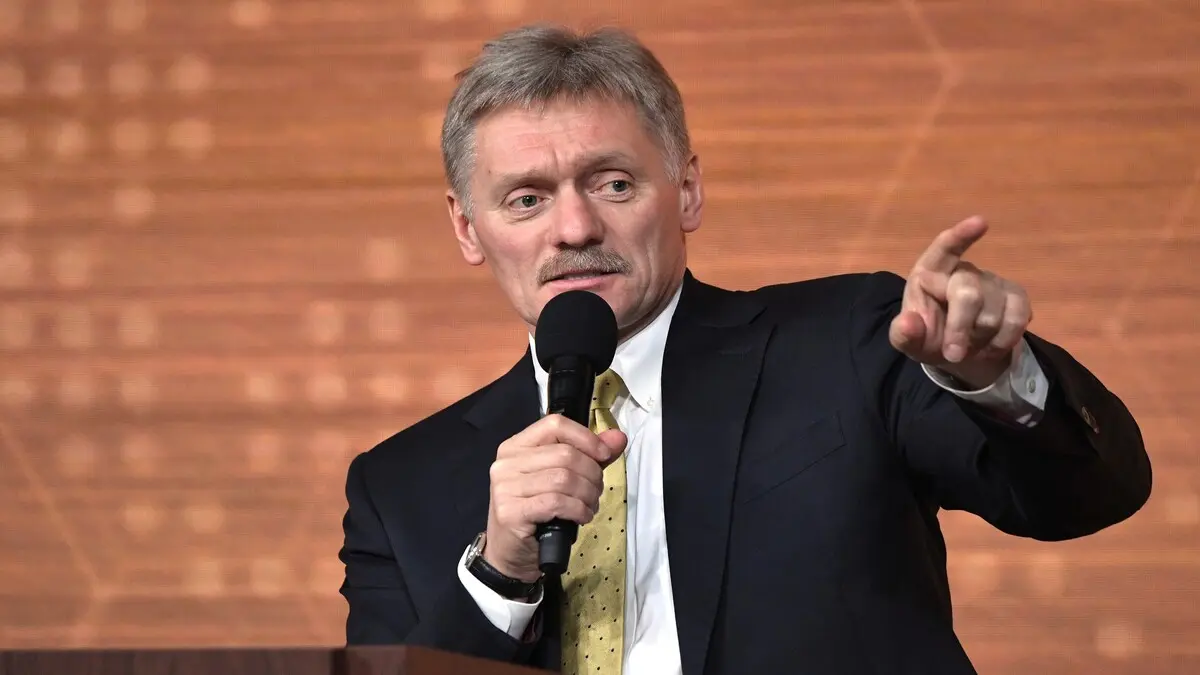
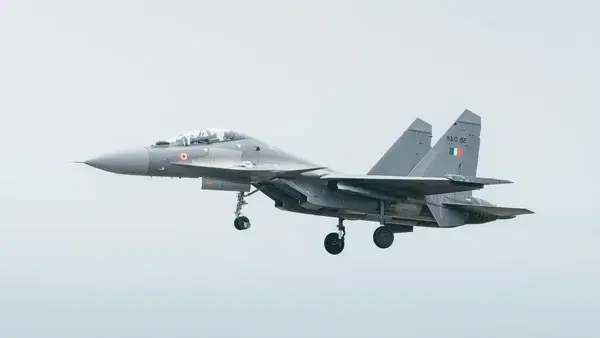
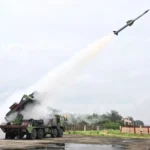
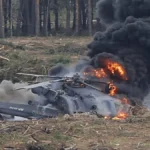
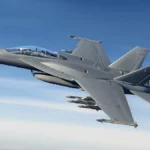



Leave a Reply